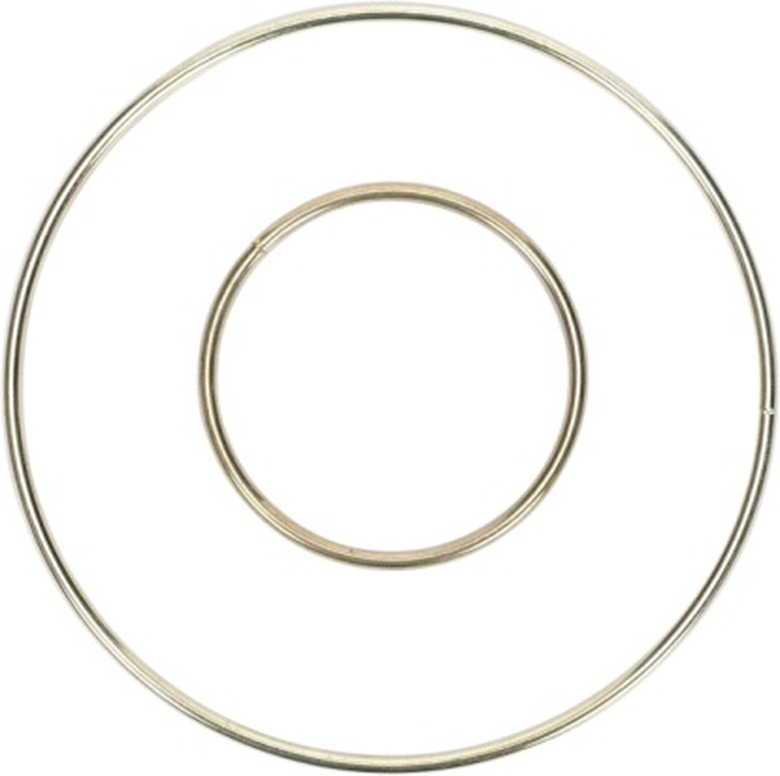How To Do Bohr Diagrams
A Bohr diagram is a simplified visual representation of an atom that was developed by Danish physicist Niels Bohr in 1913. The diagram depicts the atom as a positively charged nucleus surrounded by electrons that travel in circular orbits about the nucleus in discrete energy levels. Bohr diagrams are used to introduce students to quantum mechanics because of their simplicity, and are a good way to show students how electrons are organized into discrete energy levels.
Step 1
Consult the Periodic Table of the Elements for the type of atom you are going to represent in a Bohr diagram. Write down its atomic number and mass number. The atomic number is the number of protons, and the mass number is the number of protons and neutrons. The number of electrons is equal to the number of protons. See which row of the Periodic Table your element is in. Elements in the first row (hydrogen and helium) have one energy level, those in the second row will have two energy levels and so on.
Step 2
Draw a circle to represent the nucleus of the atom. Write the symbol for the element, the number of protons and the number of neutrons inside this circle. Draw one or more circles around the nucleus depending on which row of the Periodic Table your element comes from. Each ring represents a different energy level for the electrons.
Step 3
Draw electrons as dots on the rings that represent the energy levels. Each ring has a maximum number of electrons that it can hold. The first (inner) ring can only hold two electrons, the second level can hold eight, the third can hold 18 and the fourth holds 32. This diagram is now a Bohr Diagram.
Cite This Article
MLA
Jackson, Jo. "How To Do Bohr Diagrams" sciencing.com, https://www.sciencing.com/do-bohr-diagrams-8484019/. 24 April 2017.
APA
Jackson, Jo. (2017, April 24). How To Do Bohr Diagrams. sciencing.com. Retrieved from https://www.sciencing.com/do-bohr-diagrams-8484019/
Chicago
Jackson, Jo. How To Do Bohr Diagrams last modified March 24, 2022. https://www.sciencing.com/do-bohr-diagrams-8484019/
